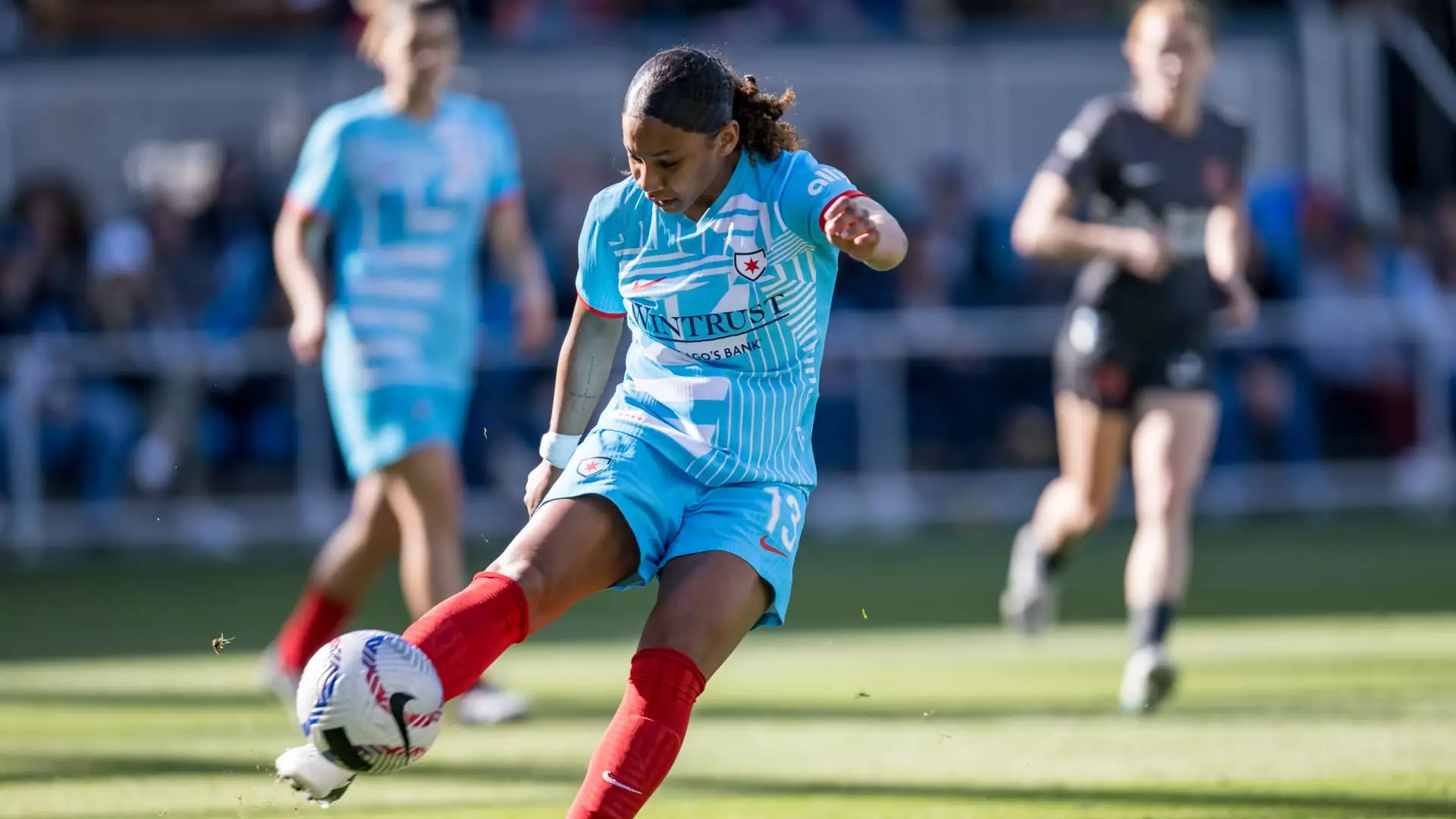In recent years, a curious phenomenon has taken root within the corporate landscape—major firms now actively seek out professional athletes as potential interns, positioning this trend as a pathway for players to transition seamlessly into post-sports careers. While at first glance this may appear as progressive integration, a closer examination reveals a complex dynamic rooted more in corporate opportunism than genuine athlete welfare. These companies, such as Gallagher, leverage the disciplined, goal-oriented mindset cultivated in professional sports to groom athletes for a corporate existence that many are unprepared for, often without providing substantial support to address their unique vulnerabilities.
This approach exposes a glaring disparity in how industries utilize athletes’ visibility for mutual benefit. Companies are capitalizing on the stars’ reputation for discipline and teamwork, packaging their athletic identity as a gateway to corporate talent pools—particularly in insurance and financial sectors. The companies, in turn, foster an illusion of inclusivity and opportunity, painting athlete internships as a means of diversification and community engagement, when in reality, it borders on a pragmatic exploitation of their fame and working ethos. The superficial nature of these programs obscures the transactional reality: athletes are being used as commodities to bolster corporate image while still being conditioned to accept a second-tier career trajectory that may never reach their full potential.
Gaps in Support and the Myth of Equal Opportunity
Despite claims of offering meaningful professional development, these internships often fail to account for the unique circumstances of athletes. Their careers are painfully short and unpredictable, often plagued by injuries or declining performance that limit earning potential and stability. Gallagher’s program, for example, provides six weeks of business training to NFL players and NWSL stars, yet it scarcely addresses the emotional and financial precariousness faced by these individuals post-retirement.
The reality is that many athletes, despite their discipline and dedication, are entering a workforce where their skills are undervalued and their transition difficult. The superficial allure of a corporate internship can mask the deeper issue: athletes are expected to “transition” into conventional careers without adequate preparation, guidance, or guarantees. The programs symbolize a form of lip service—offering a faint hope of Post-Sports Life, but ultimately tethered to the patronage of companies eager to associate with athletic prestige while sidestepping the more difficult task of meaningful athlete advocacy.
Corporate Motivations vs. Genuine Athlete Empowerment
There’s a stark contrast between the narrative these programs feed and the underlying corporate motives. Gallagher, Nationwide, and other firms purposefully align themselves with sports leagues to tap into a lucrative market—public relations, sponsorships, and brand recognition. Their storytelling about “preparing athletes for life after sports” functions more as a public relations strategy than a genuine commitment to athlete empowerment.
Moreover, the promise of employment post-internship is often tenuous. While Gallagher reports hiring some athletes as employees, such cases are exceptions rather than the norm. Most internships serve as a recruitment tool, grooming athletes to become future ambassadors or salespeople, rather than life-long career professionals. The reality is that many athletes may struggle to translate their on-field skills into corporate success, especially when their training and experience have been narrowly focused on athletic excellence. The notion that celebrating victories on the field mirrors success in the boardroom is a simplistic and reductive view that glosses over the complexities of career transitions.
The Costs Hidden Behind the Corporate Facade
In this transactional landscape, the athlete becomes a symbol—marketable, disciplined, and driven—yet often undervalued as a human resource. The aspiration for a “second act” in life is undeniably appealing, but it is frequently packaged as an easy fix. The truth remains that real transition support requires comprehensive career counseling, financial education, and mental health resources—none of which are guaranteed within these internship programs.
Furthermore, professional sports careers are inherently unstable, and earnings vary widely, with many athletes earning modest salaries that offer limited savings for their futures. The idea that a brief internship coupled with corporate mentorship fulfills their long-term needs is overly simplistic and potentially misleading. It risks leaving athletes ill-prepared for the rigors of a second career, especially when the industries they are introduced to may not have genuine interest in their well-being beyond their athletic fame.
The Question of Ethical Responsibility
As capitalism’s influence penetrates every sphere of society, the exploitation of athletes through these programs raises serious ethical questions. While corporations frame these initiatives as mutually beneficial, they effectively serve as a coercive tool—highlighting the athlete’s dedication to their sport while subtly steering them toward corporate templates that may not align with their personal aspirations. It is the duty of society to question whether current practices genuinely serve the interests of athletes or merely exploit their fame and work ethic for corporate gain.
In this context, the emphasis must shift from viewing these internships as opportunities to recognizing them as part of a broader pattern of corporate opportunism. True support for athletes post-retirement will only materialize when policies prioritize their long-term welfare over superficial engagement metrics. Until then, these programs remain more symbolic than substantive—a reflection of contemporary capitalism’s tendency to commodify individuals at their most vulnerable.

